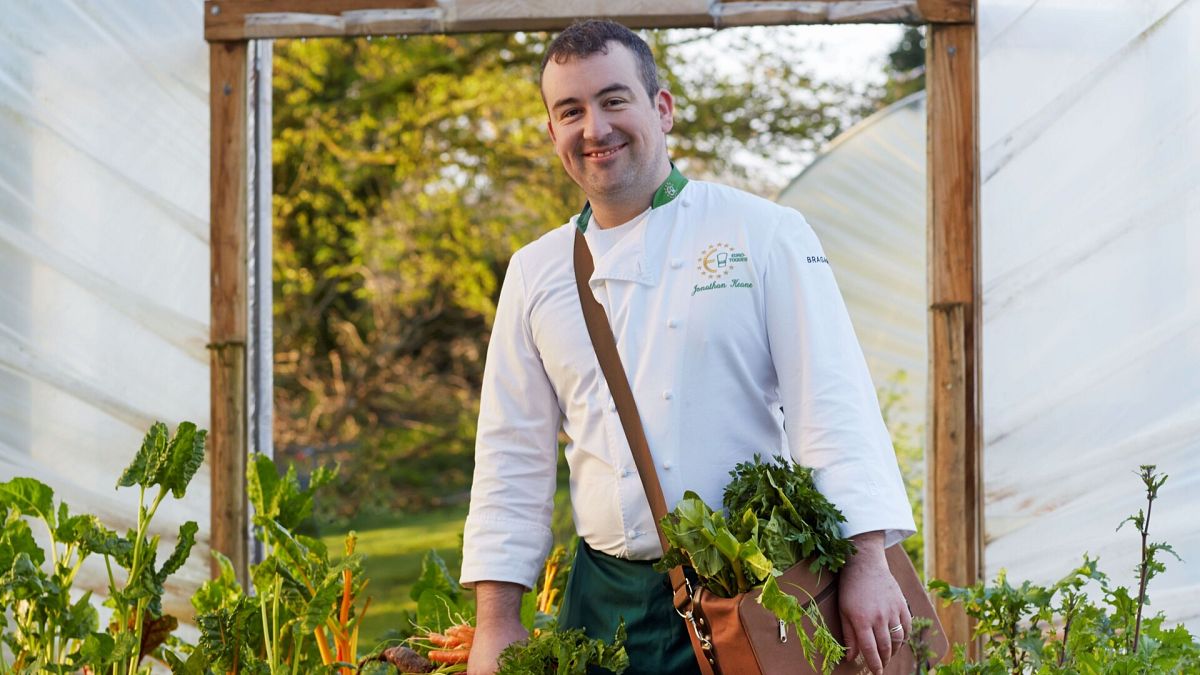

In a world increasingly conscious of sustainable practices, innovative solutions are emerging from diverse sectors, demonstrating that collective and thoughtful actions can effectively address critical challenges. These inspiring stories—originating from an Irish hotel, a small Texas town, and global development banks—reflect a shared commitment to a more sustainable and resilient future.
In Ireland, a progressive hotel is demonstrating that the hospitality industry, traditionally a heavyweight in food waste production, can operate with sustainability at its core. Recognizing the staggering amounts of organic waste generated globally, the hotel staff embarked on a mission to rethink their waste management practices uniquely. By tapping into their creativity, they explored ways to turn inevitable food remnants into valuable resources, asking pivotal questions like “What can I do with 650kg of watermelon rind?” This question spurred innovative initiatives, such as turning food scraps into compost, biofuels, or even ingredients for new culinary creations, showcasing a paradigm shift in the sector.
Across the ocean in the United States, the town of Comfort, Texas, illustrates the power of preparedness and community collaboration in the face of natural disasters. The town’s proactive stance, marked by the installation of flood sirens, was a response to past catastrophes, ensuring that every resident was equipped with ample warning to move to safety. This foresighted approach to disaster management not only saved lives during the July floods but also underscored the value of learning from history to build a more secure future. Comfort’s example serves as a reassuring reminder of how community-focused strategies can mitigate the effects of unpredictable weather events.
On a global scale, the urgency for sustainable infrastructure development has prompted development banks to take significant steps to bridge financial gaps. As communities face increasingly severe impacts from climate-related events, the pressure mounts on nations to fortify their infrastructure against such threats. These financial institutions are tasked with the difficult yet vital role of funding and facilitating infrastructure projects that are both climate-resilient and sustainable. This involves not only addressing immediate needs but also laying the groundwork for long-term resilience. The challenge remains whether these banks can keep pace with the rapidly evolving climate landscape, yet their commitment to sustainable development marks a hopeful stride towards a more adaptable future for all.
These stories, though distinct in their challenges and solutions, weave a common narrative of transformative change and resilience. The Irish hotel’s meticulous attention to reducing waste, the Texas town’s commitment to safety and preparedness, and development banks’ strategic investment in sustainable infrastructure each exemplify how sectors can lead by example, offering scalable solutions to some of today’s most pressing issues. Such initiatives not only foster a culture of sustainability but also inspire others to reconsider their roles in society’s collective effort toward a more harmonious coexistence with our planet.
As these endeavors unfold, they underscore the potential for human ingenuity and collaboration in overcoming complex global problems. By embracing innovation, embracing community, and reshaping financial frameworks to support sustainable growth, societies can transform challenges into opportunities for positive change. Each action, no matter how localized, contributes to a broader, more inclusive movement toward a healthier and more sustainable world. In doing so, these stories remind us of the profound impact that thoughtful and deliberate change can have in shaping our world for future generations.
Source: {link}
